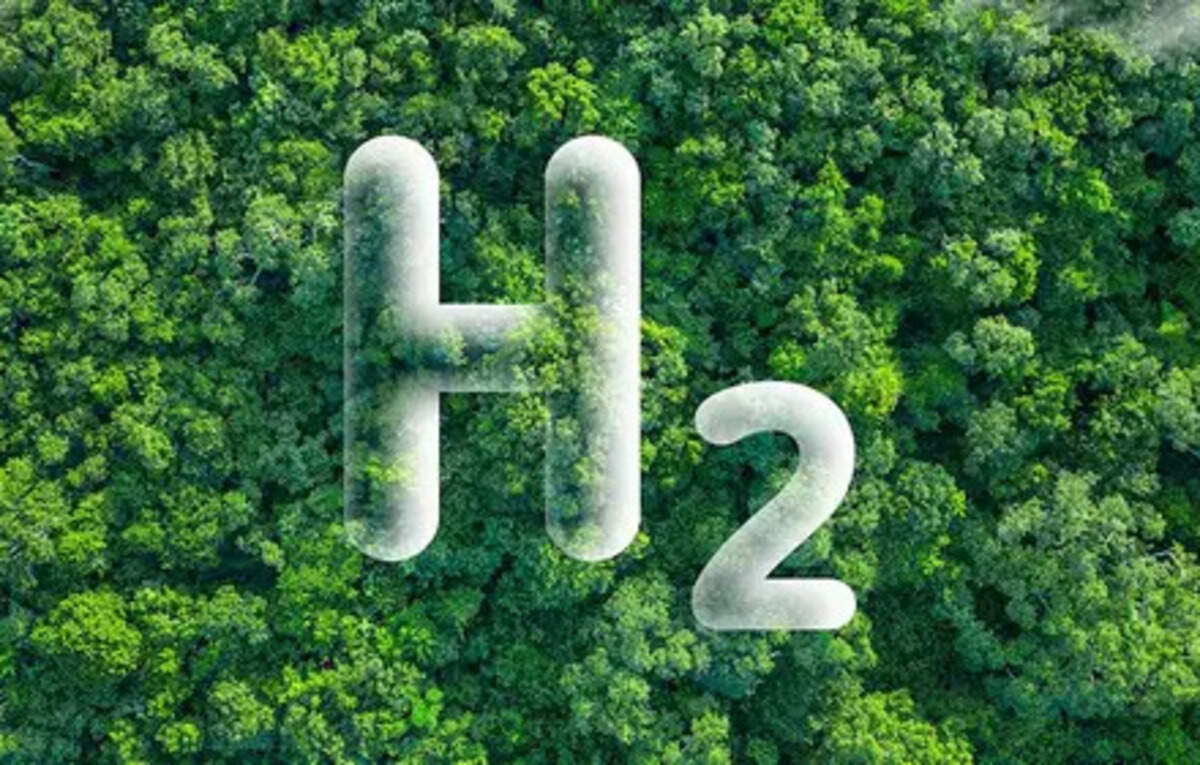EU-India Collaborate on Waste-to-Renewable Hydrogen Technologies and Marine Pollution Solutions
Key Ideas
- The EU and India have launched two research initiatives under the EU-India Trade and Technology Council focusing on waste-to-renewable hydrogen technologies and combating marine pollution.
- The research calls, with a total investment of Euro 41 million, aim to develop sustainable solutions for environmental challenges and drive technological advancements.
- The initiatives will bring together researchers, start-ups, and industries from both regions to work on scalable solutions with global impact, reinforcing the commitment to joint innovation.
- The EU-India TTC aims to strengthen bilateral partnership on trade, technology, and innovation, promoting secure, sustainable, and inclusive economic development while safeguarding shared democratic values.
The European Union and India have collaborated to address pressing environmental challenges by launching two significant research and innovation initiatives under the EU-India Trade and Technology Council (TTC). With a total investment of Euro 41 million (Rs 394 crore), these initiatives aim to combat marine pollution and develop waste-to-renewable hydrogen technologies. Coordinated under the EU's Horizon Europe programme and co-funded by Indian ministries, the research calls seek to drive collaborative solutions and foster cutting-edge technological advancements. The first call focuses on combating marine pollution, particularly addressing marine plastic litter, while the second call targets the development of waste-to-renewable hydrogen technologies.
The EU-India Trade and Technology Council (TTC) serves as a high-level strategic coordination platform to strengthen the partnership on trade, technology, and innovation between the two regions. By operationalizing the TTC's goals, these initiatives aim to promote joint innovation and reinforce the commitment to collaborative research. The research efforts will contribute to global initiatives such as the UN Decade of Ocean Science for Sustainable Development and support the objectives of the EU's Zero Pollution Action Plan and India's National Marine Litter Policy.
The collaboration also focuses on the strategic role of hydrogen in driving the clean energy transition, enhancing energy security, and achieving long-term climate objectives. The joint investment in developing efficient, cost-effective, and environmentally friendly methods for hydrogen production reflects the shared commitment to sustainable development. The EU-India TTC, established in 2023, signifies the growing geopolitical and economic alignment between the two regions, aiming to foster inclusive economic development while upholding democratic values.
The EU-India Research and Innovation (R&I) Cooperation, a longstanding partnership, is rooted in the 2001 Agreement on Scientific and Technological Cooperation. The recent initiatives underscore the commitment to advancing environmental sustainability, technological innovation, and bilateral collaboration in research and development.
Topics
Africa
Renewable Energy
Technology
Innovation
Sustainability
Research
Collaboration
Environmental
EU-India Partnership
Latest News
